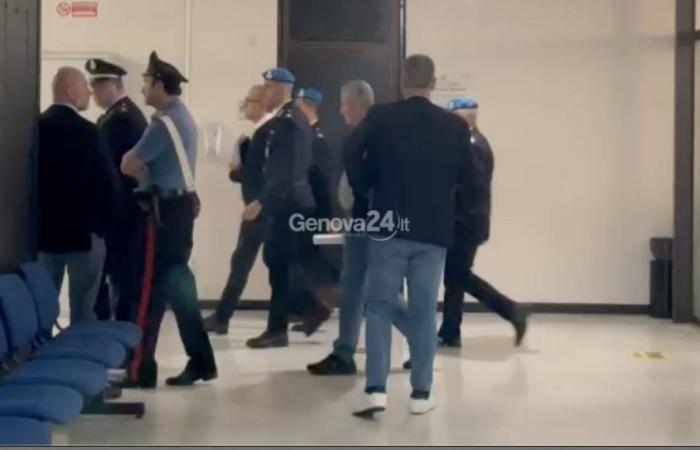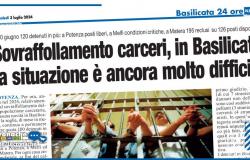Liguria. Paolo Signorini she will be able to go under house arrest as soon as she is found from his defenders a suitable accommodation and provided that these house arrest is “armoured” with “the absence of contact with people other than cohabitants”.
He writes it Court of Review in rejecting the request of lawyers Enrico and Mario Scopesi because the two housing solutions proposed (a house on loan for use in Genoa and a house made available by a brother in Aosta) were not deemed adequate.
For the judges of the investigation into corruption in Liguria, the alternatives proposed by the defenders present problems of both a formal nature (the proposals were filed via email and not at the registry) and above all of a material nature. For example, says the Review, it is not clear whether i joint (e none of them “offered to welcome Signorini into their home”) “intend to undertake both the commitment to satisfy the daily needs of the suspect by providing for all his material needs and the commitment to financially provide for its maintenance”. This is because Signorini’s lawyers have underlined that their client, recently fired by Iren, is “without means of subsistence”. The judges recall, among other things, a telephone interception where the Brother to whom the former president of the port had asked for an 8 thousand euro loan to pay for the catering of his daughter’s wedding, he had told him that he did not have that sum.
Now it will be up to the lawyers Enrico and Mario Scopesi to study a new housing solution or to better clarify those proposals and present a new request to the judge Paola Faggioni (because the review has currently completed its task and the new request will have to return to the judge and then only in the event of a new rejection, return for the second time to the review).
For the rest, the Review says some rather clear things between the lines: gthe lawyers not only “do not dispute a serious circumstantial framework compared to the facts” but they do not even contest the existence of precautionary requirements with respect to the risk of repetition of the crime and contamination of evidence. In fact, the the request is still that of “a custodial measure” (house arrest is equivalent to prison also from the point of view of the ‘pre-suffering’ at the time of a possible conviction). Simply after a month and a half in prison they believe that he can have a precautionary treatment equal to that of the other co-defendants.
And the Review agrees on this: Signorini will be able to go under house arrest as soon as suitable accommodation is found and provided that these house arrests are “armored” (this is the term used by the judges). On the other hand, the judges hope, after the time spent in prison it is “predictable” that the former president of the port will refrain “from the express prohibition of contacts with third parties different from cohabitants” since he knows he would immediately return behind bars.
Since the request did not foresee going into the merits of the accusations, the Review Court does not do so, but some passages are nevertheless very significant with respect to the circumstantial evidence. In fact, the Review Court speaks of “conducts described in detail in the documents – through which Signorini tried to “conceal the receipt of the benefits received” and which according to the judges Massimo Cusatti, Luisa Avanzino and Marina Orsini are indicative of “a certain obstinacy in criminal conduct“also recent, with the new position at Iren” they explain with reference to the 200 thousand euro consultancy for Mauro Vianello.




